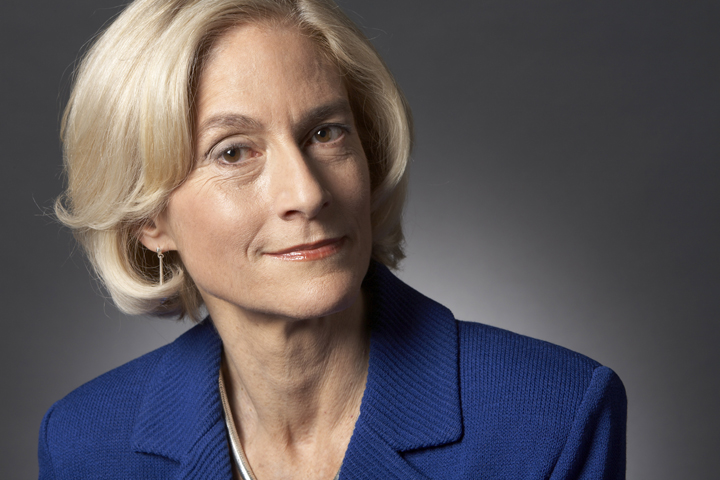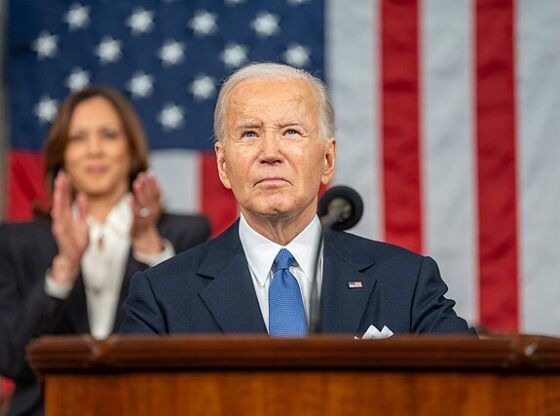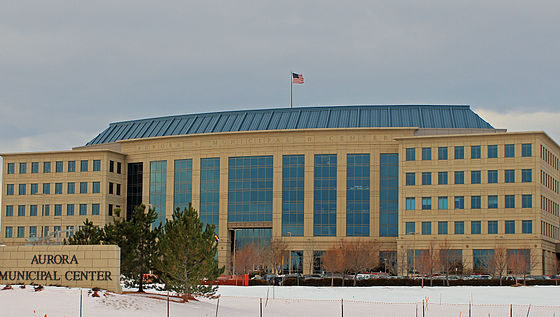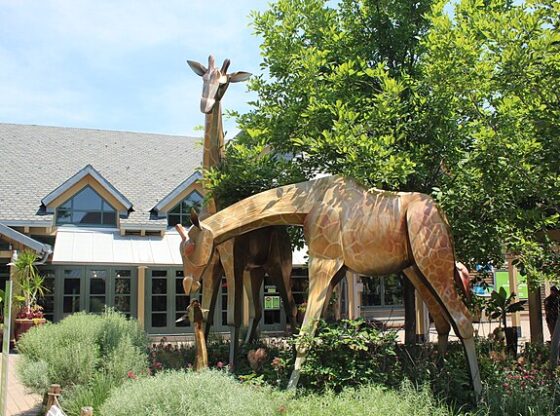DU welcomed renowned philosopher Martha Nussbaum on Monday, Jan. 30 to talk about two topics: politics and animal rights. Her first lecture of the day—The Election of 2016, Powerlessness and the Politics of Change—focused on the timely events occurring in today’s political climate.
Receiving her B.A. from New York University and her M.A. and PhD from Harvard University, Nussbaum has made numerous achievements in the social sciences and has received 56 honorary degrees from colleges around the world.
In her ongoing career, Nussbaum has taught at Harvard, Brown University and Oxford University. She is currently an Ernst Freund Distinguished Service Professor of Law and Ethics at the University of Chicago. She is also the author of over 20 books and intends to write another regarding the most recent 2016 election.
Her visit informed the DU community with a detailed reflection on our political state, specifically concentrating on the recent seven-nation ban and the mistreatment of women.
“The politics of blame, I believe, begins in fear,” Nussbaum said “Fear-driven blame provides the illusion of things getting better without actually facing and solving the underlying problems and its aggression is a source of great danger since it can all too easily divide us.”
The “othering” of people henceforth creates a fantasy in which those who sense they’re threatened feel the need to find ways to “keep them out” or “keep them in their place,” she said.
“When political leaders tell people there is an easy target and they are not simply helpless, as I fear happened with this immigration order, people feel better,” said Nussbaum.
In regards to President Donald Trump, Nussbaum discussed that if someone in this position “tells people that these fantasies are true and reinforces them, great danger to democracy is created.”
Along with the dynamic of fear and blame, Nussbaum focused on the dynamic of fear and disgust, which all play hand in hand in a “toxic brew.” She told the audience about the subtle ways in which people may become prejudiced.
An example she provided was how fairy tales, such as Hansel and Gretel, have had anti-Semitic undertones.
Our current global movement is uncannily close to this fairy tale [Hansel and Gretel],” Nussbaum said.
By this statement she refers to the reaction of disgust primary characters —such as the fair, golden haired kids in Hansel and Gretel—have towards those they see as strange or as threatening. Nussbaum observes that there is a similar reaction in this day and age specifically towards Mexican immigrants and women.
“We need spiritual and emotional leaders that can get us to turn around and face the future in a spirit of openness to others, tolerance and constructive cooperation,” Nussbaum said.
In this time of frustration and fear Nussbaum urged to those listening that “…we must try to embrace and overcome ourselves.”











